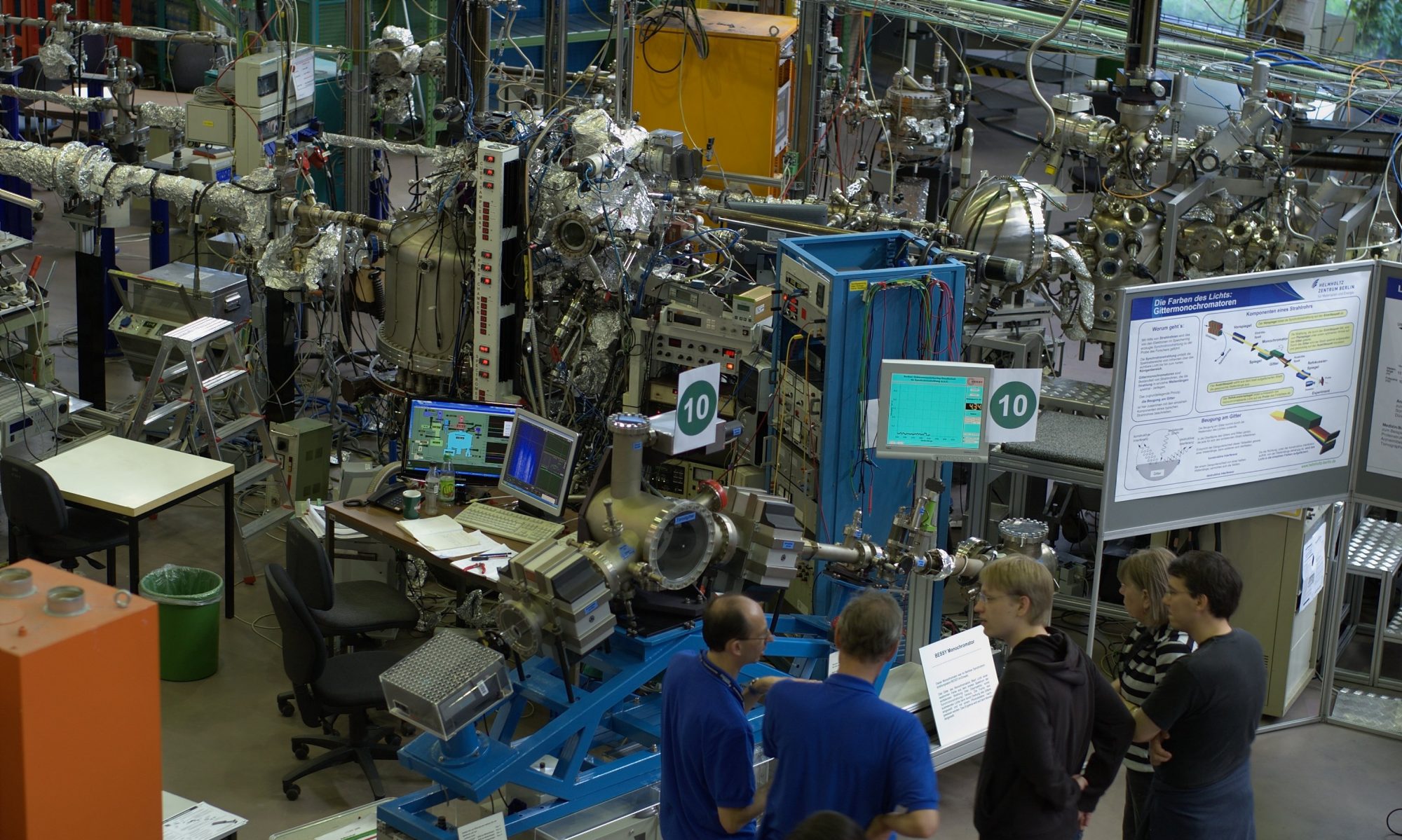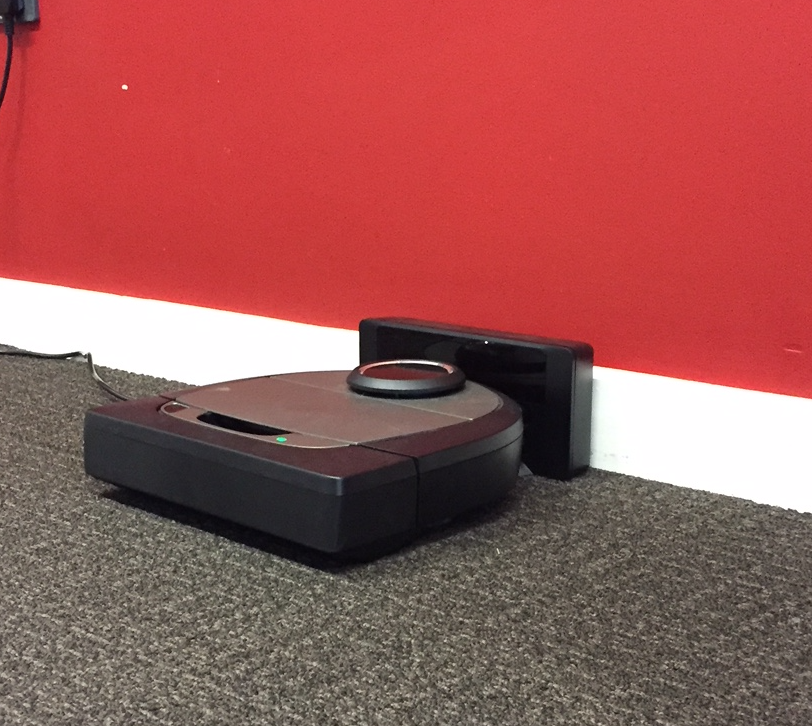In food and drink manufacturing, a significant amount of employee time is dedicated to cleaning, which bears a major impact on employee productivity and manufacturing efficiency. The process of cleaning factory equipment typically unfolds as part of a process known as Clean-in-Place and is beginning to take advantage of novel technologies such as in-line sensors, the IoT, and machine learning. However, the work of cleaning the factory floor is still primarily completed by human workers following strict industry standards specified by the British Retail Consortium (BRC).
RoboClean seeks to understand and address the industry need for cleaning support technologies and is developing systems for deploying robots to assist in the cleaning of factories. Furthermore, the robots will be designed to detect and report the unwanted presence of allergens to prevent food safety events using smart sensor data analytics (e.g. for wheat gluten protein, peanuts in cereals, and peanuts in wheat flour). Additionally, the project aims to tackle one of the biggest challenges facing manufacturers, which is the cross contamination of allergens within the manufacturing environment. Regular cleaning is a critical step to preventing this, but this challenge is exacerbated as manufacturers strive to provide more variety and alternative formulations (e.g. gluten free) and are required to verify the effectiveness of cleaning procedures for removing allergens from equipment as per the BRC industry standards. The Food Standards Agency states that the number of food and safety events relating to all allergens has roughly doubled between 2014/15 and 2017/18 highlighting the pressing need to integrate smart sensors into the manufacturing and cleaning processes.
Furthermore, a key focus for the project is to develop an understanding of human-robot collaboration in complex environments such as factories (building upon studies of robots in-the-wild), and how to coordinate multiple cleaning robots as co-bot teams (i.e. multi-agent collaboration). These foci will help to deliver novel solutions for monitoring and delivering cleaning to the required standards in an efficient and safe manner, alongside–and with– human workers on a factory floor. The outcomes of this project will include the design, implementation, and evaluation of an interactive connected system enabling novel human-robot collaboration and sensor data collection in a factory by engaging with partners in industry (British Pepper and Spice) and the third sector (the Food and Drink Forum).
RoboClean is led by Joel E. Fischer and Nik Watson, and formed of members from across four departments at the University.
Martin Porcheron, Joel E. Fischer, Stuart Reeves, and Brian Logan
School of Computer Science, University of Nottingham
Carolina Fuentes
Horizon Digital Economy Research, University of Nottingham
Roberto Santos
Digital Research Service, Information Services, University of Nottingham
Ahmed Rady and Nik Watson
Faculty of Engineering, University of Nottingham
Funding
This project is funded by the University of Nottingham Smart Products Beacon of Excellence and Horizon Digital Economy Research.


This post’s content is based upon work by all members of the project, and previous project summaries.
Cleaning a factory with robots

